Max Verstappen's clash with Oscar Piastri at the start of the Saudi Arabian Grand Prix, and its immediate aftermath, has resurrected the issue of driving standards in F1 - and how the FIA handles such incidents.
The first corner fight proved polarising, dividing opinion over the legality of the two drivers' actions.
It raised questions from a range of angles, such as: should Piastri have given Verstappen space on the outside, and should Red Bull have instructed the Dutchman to give the position back to avoid the FIA's wrath?
The points of contention are broad and encompassing.
Some have called for the FIA, through the race director, to intervene under such circumstances and actively tell teams to hand back positions gained through illegal means; others have argued the five-second time penalty handed down to Verstappen was far too harsh.
In short, it has been provocative, and the fallout looks set to roll into the Miami Grand Prix weekend.
Previous editions of The Scoop
Setting out the stall
It is worth stating that, under the racing guidelines, Piastri was not obligated to give Verstappen space on the corner exit, for he had the inside line and was alongside, and thus rightly claimed it.
And, if we are being fair, it is very much a case of the Red Bull driver receiving a dose of his own medicine.
Verstappen was quick onto team radio, claiming the Australian had "no intention" of making the corner. Except that he did make the corner.
Furthermore, the four-time drivers' champion - having feathered off the brake pedal - carried too much speed on entry, meaning he could not have made the corner, even if Piastri was not there. That alone nullified his right to complain.
If anything, the deliberateness of his actions should have rendered the stewards' mitigating circumstances redundant, making a 10-second time penalty more appropriate.
For me, however, the intrigue of the episode lies after the initial incident and how it thrust Red Bull's relationship with its star driver under a spotlight, or rather, how it intensified the one that was already there - but for different reasons.
It has reinvigorated an uncomfortable reality for the Milton Keynes squad, that Verstappen wields an unusual amount of power.
Sometimes, it is to the detriment of the team, sometimes to the detriment of the Dutchman. Sometimes, it is both.
But it nonetheless robbed the 27-year-old of potentially his best opportunity to fight for victory, and if you had to back anyone in F1 to snatch a win from almost certain defeat, whilst in inferior machinery, it surely has to be Verstappen.
Strategic genius or a situation misjudged?
The FIA has indicated that had Verstappen relinquished the position to Piastri, the penalty-inducing investigation most likely would have been dropped.
The impression given from the outside is that Red Bull did not seriously entertain that option, because its driver - and subsequently or concurrently the team - did not believe fault rested with them.
But an unintentional byproduct of inaction or otherwise, could it not be considered a masterstroke of a strategic call?
It afforded Verstappen clean air during the first stint and all the accompanying trappings. Once the penalty was awarded, he knew what he had to do: pull a gap to George Russell and Charles Leclerc.
Had he spent that time behind Piastri, he may have fallen into the clutches of the Mercedes and Ferrari, unable to attack the McLaren ahead.
Not giving the position back ensured Verstappen second place. It removed the possibility of winning, but it also prevented him from slipping to third - or even fourth.
However, with the RB21's stronger-than-expected race pace, did the team incorrectly forgo a better chance of victory?
It is almost impossible to predict how the grand prix would have transpired had Verstappen conceded the place to Piastri, because his doing so may have changed the dynamics of the race in fundamental ways.
But it nonetheless robbed the 27-year-old of potentially his best opportunity to fight for victory, and if you had to back anyone in F1 to snatch a win from almost certain defeat, whilst in inferior machinery, it surely has to be Verstappen.
Interestingly, Red Bull's former sporting director, Jonathan Wheatley, who is now team principal at Stake, said he would have "done something different" if he were heavily influencing the shots in that scenario, as he previously would have been.
Once the penalty had been served, Piastri had enough of a gap to manage the lead and comfortably hold Verstappen at bay, so it becomes even more difficult to argue that Red Bull did not misjudge the situation, and question why that happened.
The catalyst
Even if the team genuinely believed it was on the right side of the situation and that a penalty was not forthcoming, the six-times constructors' champion's approach to how it handles Verstappen played its part in putting it, and him, in that position.
The way that manifests is twofold: Red Bull does not challenge him, even when it ought to, and it produces this kind of situation on track.
Not only is it a matter of causation over correlation, it is a self-perpetuating cycle.
Verstappen attempting the initial move and Red Bull not seeing or instructing him when he is the wrong - in this case telling him to hand the position back to Piastri - is a direct product of the team being unwilling or feeling unable to challenge him.
It rarely has in the past, and when it has, like at the Hungarian Grand Prix in 2024, it did not make for pretty viewing.
And with the current precariousness of the partnership, why would it take the risk of not wholly supporting its driver and offering a full-throated defence of him, as it always has done?
The result of that, is it emboldens him and draws out his only discernible weakness: his approach to wheel-to-wheel racing.
And so, we saw the duality of Verstappen in Jeddah. Abject brilliance in qualifying, needless aggression in the race - and it may well have cost him victory.
Also interesting:
Join RacingNews365's Sam Coop and Nick Golding, as they look back on the Saudi Arabian Grand Prix. Max Verstappen's five-second time penalty is a major talking point, as is Oscar Piastri being a potential match for the Dutchman. Lando Norris' title chances are also explored.
Rather watch the podcast? Then click here!
Don't miss out on any of the Formula 1 action thanks to this handy 2026 F1 calendar that can be easily loaded into your smartphone or PC.
Download the calenderMost read
In this article
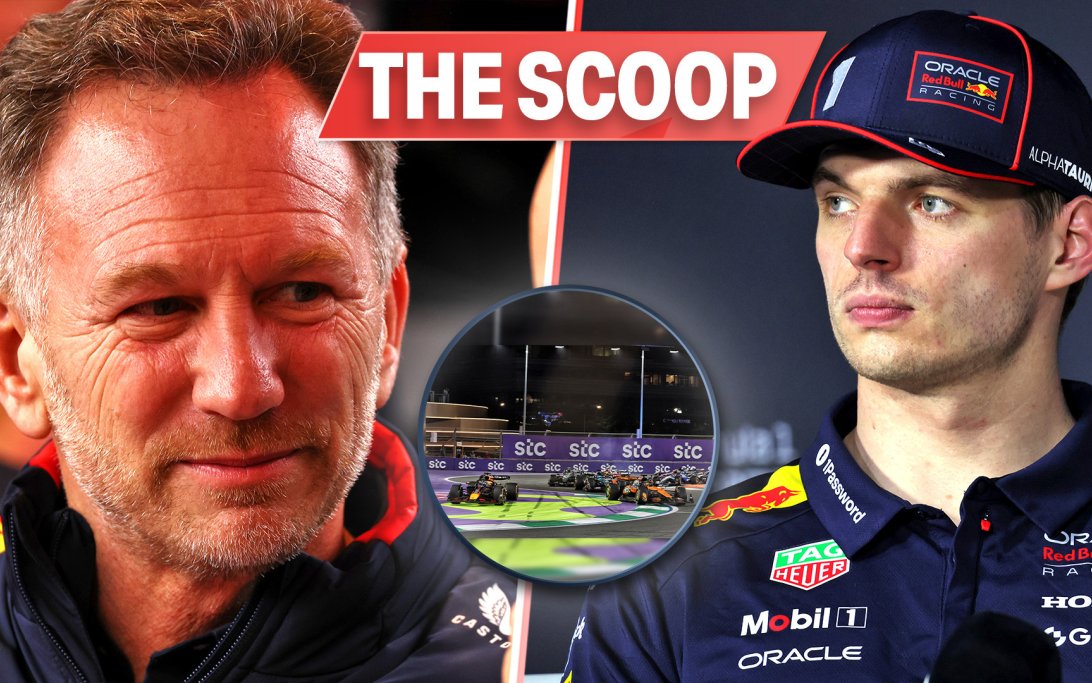
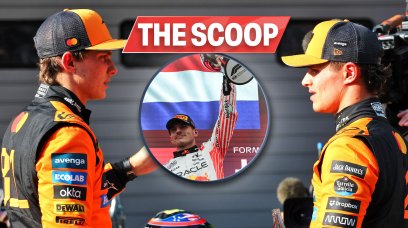

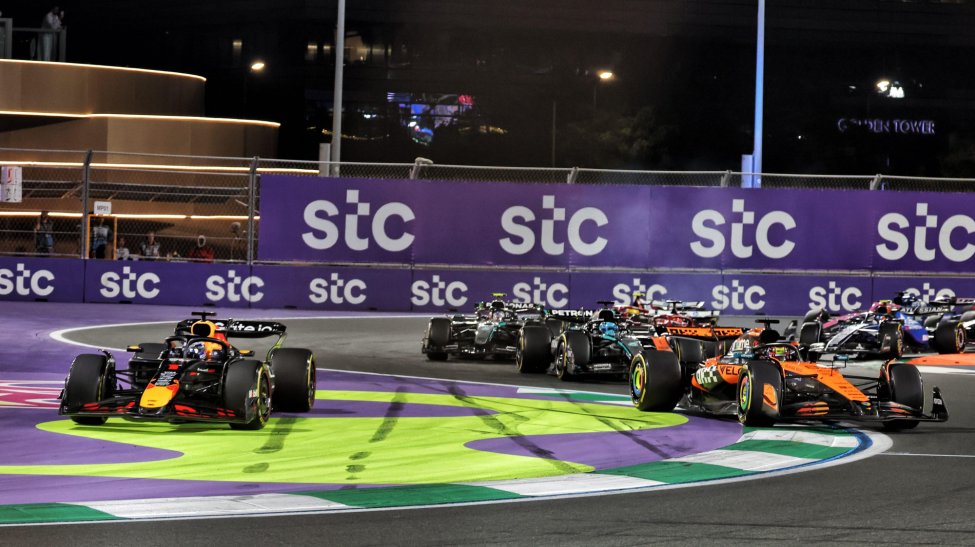


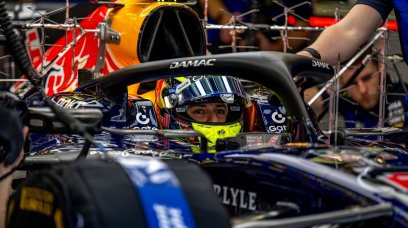
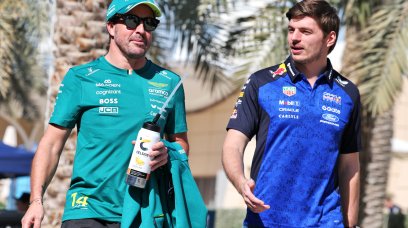

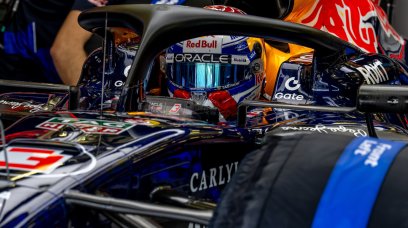
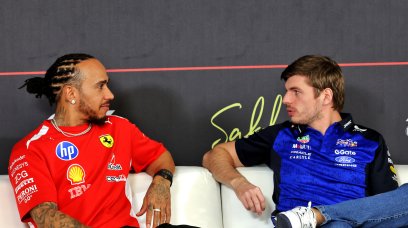
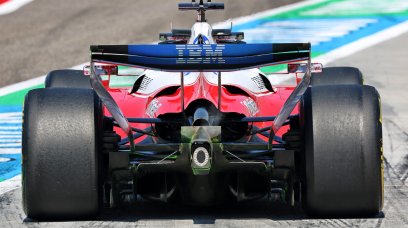
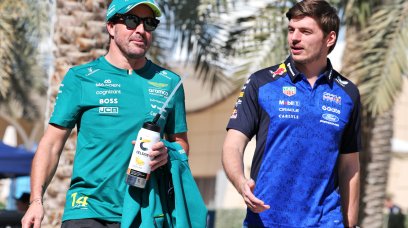
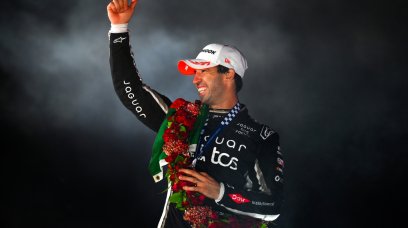
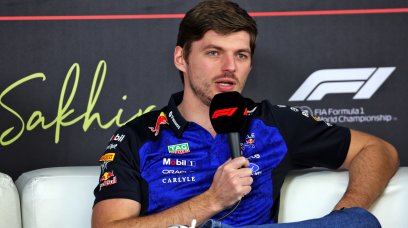
Join the conversation!